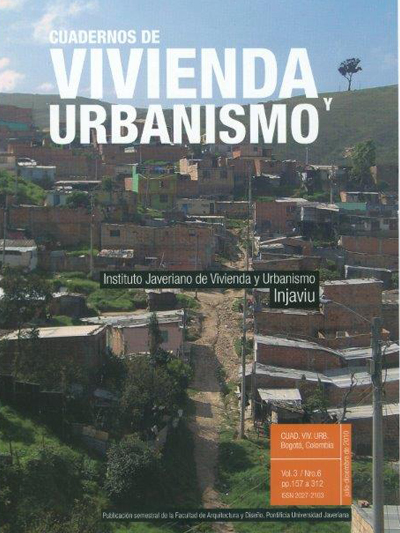Abstract
Historically, to the collective imaginary, the access to housing has constituted a form of citizenship legitimation in terms of integration into a culture. This work analyzes the housing policies developed in Uruguay during the period from 1870 to 2000. The government’s concern has been directed toward the less favored population of the urban areas, although in the middle of the XX century it turned its attention towards rural residences. Uruguayan legislation has achieved important advances on the basis of direct interventions and incentives to private intervention in the construction of inexpensive housing. It also boasts successful cases of mutual assistance cooperatives, although at the present time they have notably decayed. In spite of the efforts consummated, a large number of excluded populace is revealed, stressing the growing sociospatial segregation, product of the pro–market economic policies of the last decades.
This journal is registered under a Creative Commons Attribution 4.0 International Public License. Thus, this work may be reproduced, distributed, and publicly shared in digital format, as long as the names of the authors and Pontificia Universidad Javeriana are acknowledged. Others are allowed to quote, adapt, transform, auto-archive, republish, and create based on this material, for any purpose (even commercial ones), provided the authorship is duly acknowledged, a link to the original work is provided, and it is specified if changes have been made. Pontificia Universidad Javeriana does not hold the rights of published works and the authors are solely responsible for the contents of their works; they keep the moral, intellectual, privacy, and publicity rights.
Approving the intervention of the work (review, copy-editing, translation, layout) and the following outreach, are granted through an use license and not through an assignment of rights. This means the journal and Pontificia Universidad Javeriana cannot be held responsible for any ethical malpractice by the authors. As a consequence of the protection granted by the use license, the journal is not required to publish recantations or modify information already published, unless the errata stems from the editorial management process. Publishing contents in this journal does not generate royalties for contributors.


